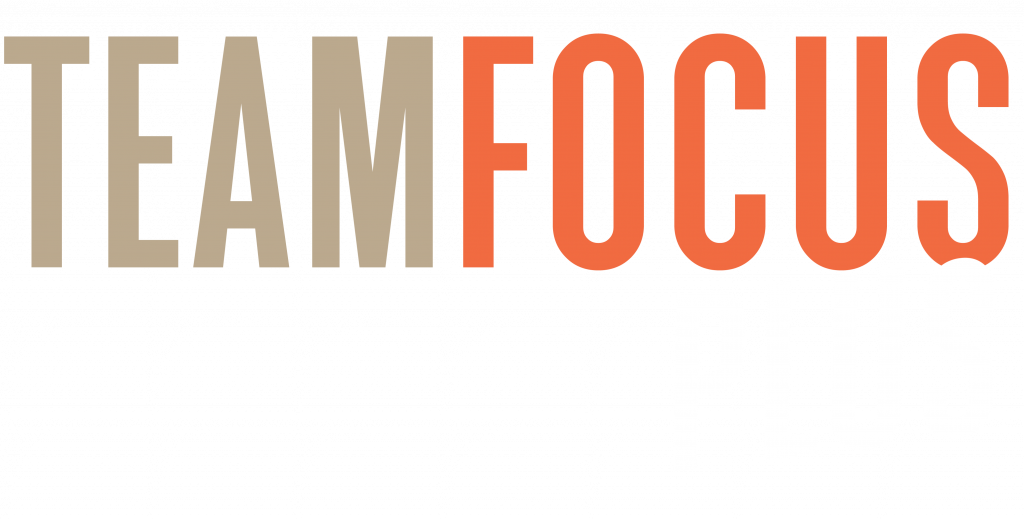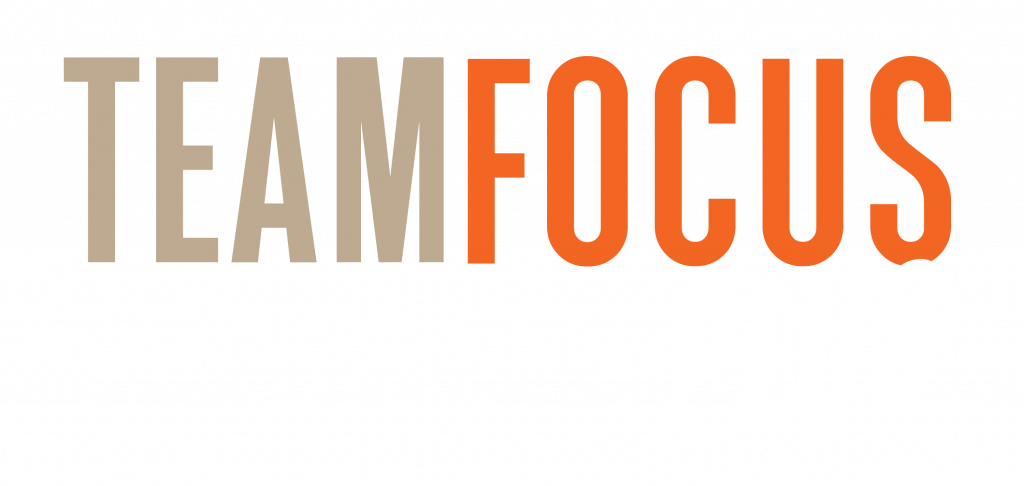Did you know that less than 10% of leadership training is applied in the workplace? This damming statistic highlights the failure of leadership training. In other words over 90% of your training fails. Effective Leadership Training is a achievable – read on to find out how.
Here’s Why Training Fails:
- You need a process that involves the trainees leader. 25% of ROI comes from the conversation leaders have with trainees before the workshop. 25% comes from the workshop. A massive 50% comes from how a leader follows up the workshop.
- Most training is focused on skills but this doesn’t work as skills are driven by deeper elements like beliefs, identity, and purpose. A deeper transformation is needed before people will apply the skills they are learning.
- Developing leaders are transitioning from “technical” (or team leaders) to “people leaders.” It’s confusing because the word “leadership” is used for each role even though they are different. Their beliefs and identity will need to transition with the roles.
- Most people try to cram too much into a program. Shorter workshops with space between them for leaders to coach participants is far more effective and transformational.
Want Effective Leadership Training?
You need:
Partnership – a partner that understands the deeper transformation needed and will work with you to design a program where leaders coach trainees between workshops.
Flexible Design – you are unique so a program should be tailored to your needs.
Participant Focus – facilitators need to focus on participants rather than the agenda. Facilitators will need to respond when they are hearing attitudes and beliefs that are not consistent with the identity that needs to be created.
Call or email. It’s “obligation free” because we love talking about this stuff. team@teamfocusplus.com






